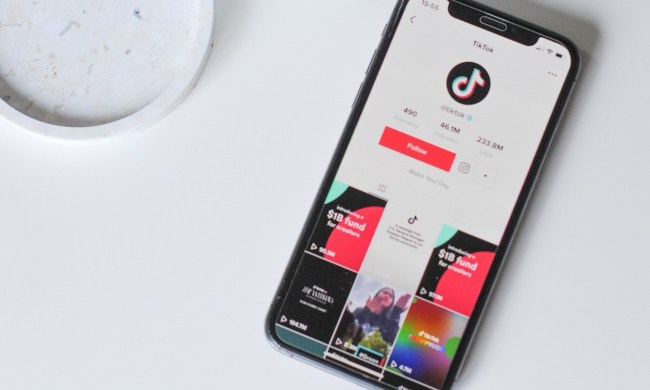 It’s happened to the best of us, getting revoked access to our Facebook accounts, and sometimes for no reason at all. In fact, it happened to me, too:
It’s happened to the best of us, getting revoked access to our Facebook accounts, and sometimes for no reason at all. In fact, it happened to me, too:

According to a CBS news report, a lot of Facebook users are being locked out of their accounts and asked to verify their identity using a government-issued ID. Privacy sticklers may immediately frown upon this requirement and easily claim that it is a scam on Facebook’s part to try and use your personal information to their advantage, but in fact, it’s for a higher purpose – users are systematically being locked out by Facebook as part of a security measure against scams, according to the report.
A quick browse on the social networking site will easily reveal the following facts: One, there is a rich supply in fake Facebook profiles (you probably have seen one or two today, commenting on your favorite pages). Two, there’s an abundance of Facebook scams – and that’s likely where the increase in security measures are coming from. Facebook hopes that through temporary account suspension and lockout, they can put a stop to the growing number of accounts that continually violate their community standards.
Now the question is, is it really necessary to provide a government-issued ID to confirm you are who you say you are? According to Facebook, yes – they prefer require users to use their real name and birthday on their profiles so others can be certain that they’re connecting with the right people. Upon reviewing profiles in question, Facebook ensures permanent deletion of user-submitted government documents.
Of course, like in any situation that requires you to provide personal information to a service that has public access, verification wouldn’t hurt. In case you are brought to the same “Confirm Your Identity” page upon logging in, contact Facebook and find out the reason for your account suspension. You can additionally seek assistance by asking a friend you trust to report a problem on your behalf through the Help dropdown menu.

